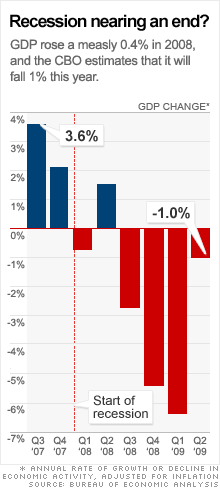 Get the Economic Times advantage to trace the newest Business news and Stock market on the go and make knowledgeable decisions. Download the Economic Times app and keep updated with unrivalled protection of Stock Market, Business, Finance, Sensex – BSE India, Nifty- NSE India, Personal Finance, Business News and Economy News as they occur.
Get the Economic Times advantage to trace the newest Business news and Stock market on the go and make knowledgeable decisions. Download the Economic Times app and keep updated with unrivalled protection of Stock Market, Business, Finance, Sensex – BSE India, Nifty- NSE India, Personal Finance, Business News and Economy News as they occur.
Globalization can make the Philippines into a better nation if the Philippine leaders to make their economic system more advance by means of global buying and selling and permitting more international investors to the assistance enhance the financial system. And by undertaking those targets, the Philippines ought to be able to reduce the poverty level as well as increase labor power for job opportunities for those which might be in want for a residing. However, sine the poverty degree is still growing, most Filipinos has managed to find work abroad they usually have managed to seek better residing than within the Philippines. The handiest issue in the Philippines is schooling. The society’s mentality is to be educated and it’s with schooling that folks in the nation see their alternative for a greater life in the future.
This is unusually harking back to the Frankfurt School culture business mannequin of mass tradition, whose one-sided and considerably paranoid account of mass media has been the topic of important critiques. I would not prolong this criticism to all practitioners of ‘actually existing media ecology’, a few of whom appear to be relatively insightful scholars of McLuhan and the other theorists who Fuller characterises as a ‘vivid set of sources’ (Fuller, 2005: 4). But the purpose I would like to make is that Fuller’s e-book is a much wanted intervention into this field, which in some respects may be seen as so many footnotes to McLuhan’s original and still necessary perception that the medium is the message.
Strate goes on to add that Fuller’s e-book has little to do with Media Ecology, for which he offers a useful history, stating that it got here out of conversations between Marshall McLuhan, Eric Mcluhan and Neil Postman, courting back to 1967. He also points out that Fuller’s treatment of this custom amounts to 4 pages of the introduction to Media Ecologies (2-5) and that Fuller fails to make any reference to any of its key texts. In some ways it’s unsurprising that Strate would really feel put out by Fuller’s e book and really feel the need to present a corrective history of the time period with which he has been working for some time.
In the previous few a long time, the fortunate amongst us have recognised the hazards of living with an overabundance of food (obesity, diabetes) and have started to vary our diets. But most of us do not yet perceive that news is to the mind what sugar is to the body. News is simple to digest. The media feeds us small bites of trivial matter, tidbits that don’t really concern our lives and do not require considering. That’s why we experience virtually no saturation. Unlike studying books and lengthy journal articles (which require thinking), we will swallow limitless portions of stories flashes, which are brilliant-colored candies for the mind. Today, we have reached the same level in relation to information that we confronted 20 years in the past in regard to food. We are beginning to recognise how poisonous news will be.